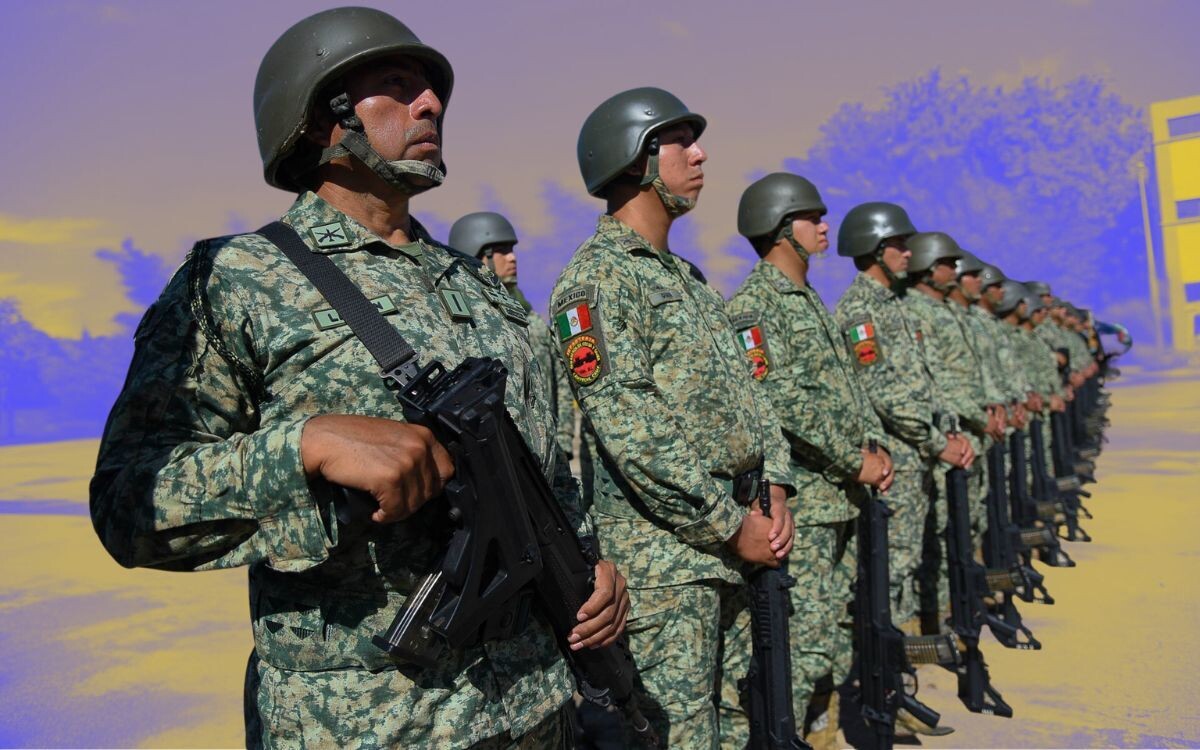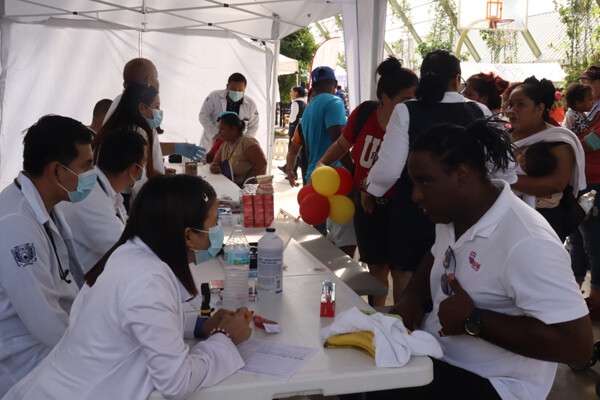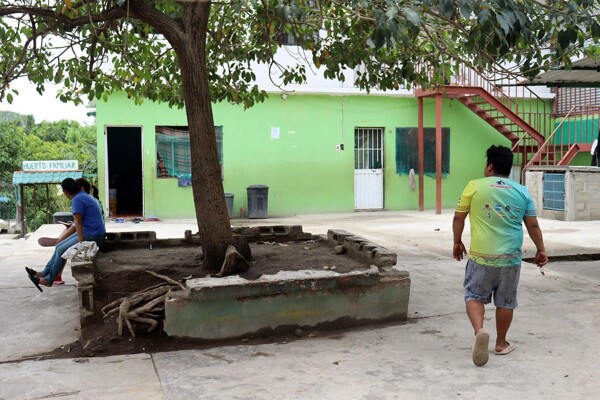
The perception of insecurity among Mexicans has decreased to 58.6% in the third quarter of 2024, marking the lowest level in its history and coinciding with the last three months of Andrés Manuel López Obrador's presidency. According to the National Urban Public Security Survey (ENSU) published by the National Institute of Statistics and Geography (Inegi), this means that fewer than six out of every ten residents over the age of 18 considered it unsafe to live in their city.
This result is lower than that recorded in the previous quarter, decreasing from 59.4% to 58.6%, and also below the 59.1% reported in the last quarter of 2023. Inegi indicated that this change is statistically significant compared to September 2023, which was at 61.4%.
Despite Mexico experiencing a 23% increase in the number of homicides during López Obrador's presidency, reaching a record of more than 193,000 accumulated murders, the perception of insecurity has reached its lowest historical level by the end of his term.
The survey also revealed a persistent gender gap, with 64% of women reporting feeling unsafe, compared to 52.2% of men.
Regarding the cities with the highest perception of insecurity, Tapachula is in first place, followed by Naucalpan, Fresnillo, Ecatepec, Irapuato, and Tuxtla Gutiérrez. On the other hand, the least unsafe city was San Pedro Garza García, followed by Benito Juárez in Mexico City, Tampico, Piedras Negras, Puerto Vallarta, and Saltillo.
In specific spaces, more than 50% of the population feels unsafe in ATMs, public transport, roads and usual streets, as well as in banks. The most reported crimes near the homes of those surveyed involved alcohol consumption on the streets, thefts, assaults, vandalism, drug dealing or use, gunshots, and gang-related activities.














